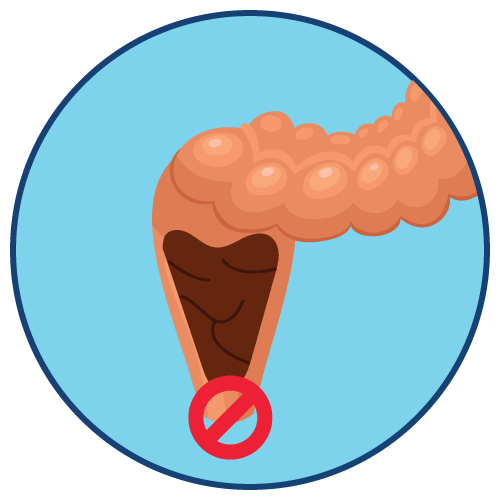| Name | Rhubarb |
| Classes |
Nutritional Supplement |
| Diseases |
Bleeding Constipation Diarrhea Gastrointestinal Disease Heart Burn Stomach Pain |
Rhubarb
Rhubarb is a herbal remedy derived from the rhizomes and roots of Rheum species. The exact mechanism of action of rhubarb is not fully understood. It is believed to have various pharmacological properties, including laxative, antispasmodic, and anti-inflammatory effects. The active compounds in rhubarb, such as anthraquinones, stimulate bowel movements and increase fluid secretion in the intestines.
- Rhubarb is commonly used as a laxative and is indicated for the relief of occasional constipation.
- It may also be used as an adjunct therapy for digestive disorders, such as irritable bowel syndrome (IBS) or hemorrhoids.
- The dosage of rhubarb may vary depending on the individual, the specific product, and the desired effect.
- It is important to follow the dosage instructions provided by the healthcare professional or the product label.
- Rhubarb is typically taken orally as a powder, capsule, or liquid extract. The exact dose and frequency should be determined by a healthcare professional.
Adverse reactions associated with rhubarb are generally rare and usually occur with high doses or prolonged use. The following adverse reactions have been reported:
- Abdominal cramps or discomfort
- Diarrhea or loose stools
- Nausea or vomiting
- Electrolyte imbalances (such as low potassium levels) with long-term use
- Dehydration with excessive or prolonged use
- Rhubarb should not be used by individuals with known hypersensitivity or allergic reactions to the herb.
- Prolonged or excessive use of rhubarb can lead to dependence or habituation, where the bowel becomes reliant on the herb for regular bowel movements.
- Patients with a history of gastrointestinal disorders, such as inflammatory bowel disease or intestinal obstruction, should consult with a healthcare professional before using rhubarb.
- Rhubarb may interact with certain medications, such as diuretics or anticoagulants. Patients should consult with a healthcare professional if they are taking other medications.
Contraindication
Rhubarb is contraindicated in individuals with known bowel obstruction, appendicitis, or abdominal pain of unknown origin.
None known.
None known.
 Bangla
Bangla English
English





